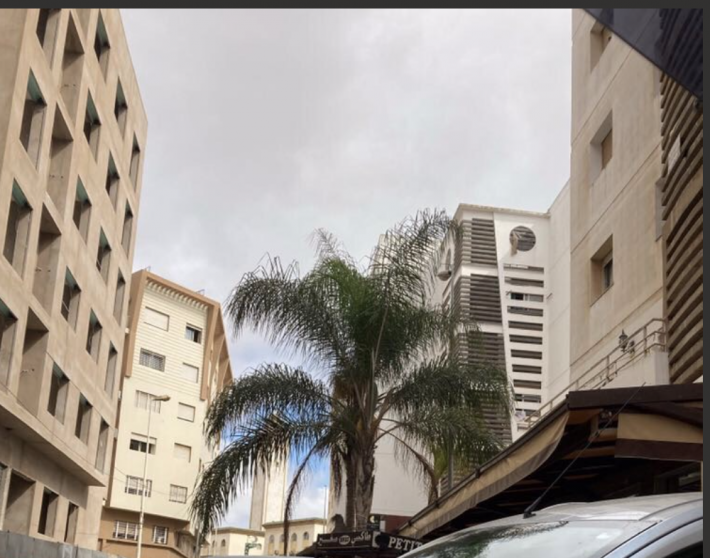Before coming to University, I didn’t know what I wanted to study. I enjoyed studying different subjects in a certain way and how it equipped me with ideas that I can apply in my life. My school has prepared me to develop academically, preparing me for the ‘Real world’. The school has also developed my general skills such as time management, organization and decision making. Hence, this was important to decide to choose my course.
I studied sports science, applied science, and health and social care. They were science-based because I was planning a pathway to professional nursing, physician assistant or even a doctor.
These subjects equipped me with different skills. For example, my BTEC Diploma in sport science educated me on the various sociological aspects that affect physical performance, such as motivational arousal, social support, competition and gender.
I learnt how social aspects play a significant role in an individual’s physical performance. Equally, practical skills are relevant in working with people efficiently.
In combination with health and social care, specific legislation and policies are critical in sport science. It
provides the foundation for the legal requirements of working in sport science.
I also studied the behaviourism of children and family structures and how they affect their daily lives.
In applied science, I have boosted my analytical and evaluative skills, enabling me to generate research on social issues and solve them.
I have developed my understanding of social issues, such as gender inequality, racial discrimination, poverty, lack of healthcare or even political corruption.
The reason that drew my attention towards the Politics and International Relations course is that there is a diversified selection of fascinating topics that could lead to many professions in different sectors, from politics to social welfare and business. Moreover, there is always the option and chance to learn continuously, parallel to the world’s constant evolution to a particular degree.
Coming from a Moroccan background and regularly visiting the country, I have expanded my knowledge of social and medical care, gender inequality, poverty, unemployment and abuse of power from government officials. Walking the bustling streets of Casablanca, the ironic division of the rich and the poor was apparent to me.
I have encountered desperate mothers with their children who were countlessly waiting hours upon hours for just a hospital appointment. Stranded teenagers were struggling to graduate but failing to get a decent job!
Hence, they had to look for different ways to fulfil their need, sometimes resulting in criminal activities. So, consequently, this highlighted that the opportunities that I have in the UK are highly valued in Morocco and definitely in other countries in the world.
My father came from an impoverished background, worked hard, encouraging his children to have a better education and hopefully have a good job!
Considering that I have family living in Morocco makes me realize that I will have to make a difference and disclose the societal issues that have afflicted Morocco and other developing countries for centuries.
This degree, in my opinion, would be a stepping stone for enabling the fulfilment to be able to articulate my political and social concerns. It will provide me with the knowledge and the proficiency to recognize the philosophical views associated with my ongoing questioning about how we as a society can create a positive impact and transform the world on an international scale. This degree will also equip me with lifelong skills which will assist me in pursuing my career, which will involve solving global societal issues mainly in developing countries and communities such as education, health care, poverty, and economic growth. I was thinking about the job roles, including being an international lawyer or even an ambassador.
Kenza Oukriss, BA (Hons) Politics and International Relation
